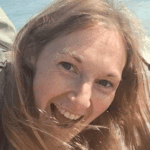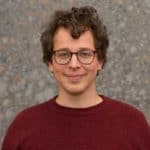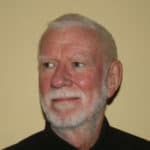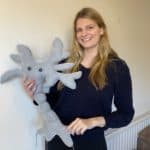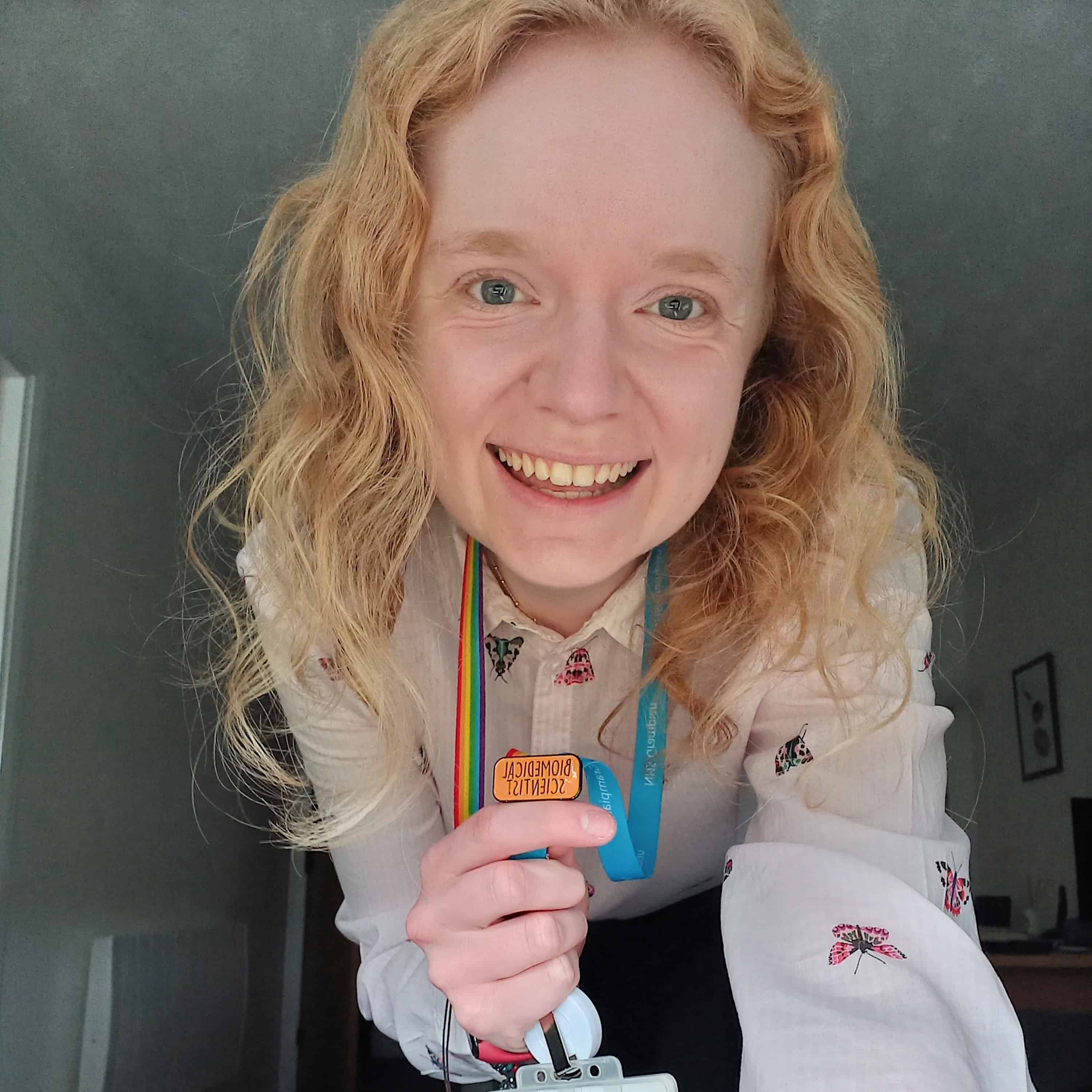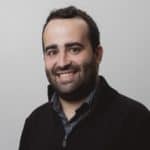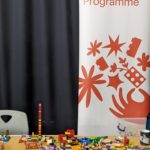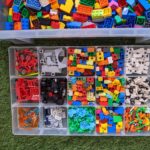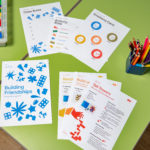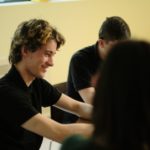Profile
Margaret Laurie
-
About Me:
I currently work for a social enterprise who support children and young people through collaborative play with LEGO bricks. I love all things cats, reading, tea AND coffee!
-
Read more
My first ‘psychology’ memory was reading every book that my local library had about Ancient Egypt. I was fascinated about how they pulled people’s brains out through the nose, and what they thought about the relationship between the mind, the body, and the spirit. It was all quite scientific – i.e. they would study how best to conduct the embalment, they would develop instructions and train other people how to treat the dead, and they did a lot of spiritual thinking about what happens after people die, which is quite philosophical. The Egyptian empire went on for so long that Ancient Egyptians even studied other (even more) Ancient Egyptians, and all of this understand eventually reached me, through years and years of research and reflection.
When I started school, or rather started studying more deeply, I actually didn’t know what I wanted to do. I went through phases of wanting to be a vet, an artist, a psychologist… But I came back to those scientific roots when I started studying psychology. I was able to pick up those same questions about what people think and why, which then led me to complete a degree in Psychology at the University of Glasgow.
During my degree, I thought that I wanted to become a Clinical Psychologist, because I loved working with people and I wanted to particularly work with people who need extra support, e.g. in mental health. But I was also really enjoying research, so I stayed there for a while, completing a Masters in Research Methods in Psychological Sciences and then a PhD in Clinical Brain Sciences (Developmental Psychology). Essentially, this means that I kept asking questions about people, and kept learning new ways to understand human thought and behaviour.
During my PhD I studied how digital building blocks (i.e. a bit like LEGO but when you put them together they light up, make noise, or move) can support autistic children to communicate and engage in social play. Often, this can be quite difficult for autistic children but what I learned was that this type of playful and engaging experience can actually reveal a lot about a child’s strengths, skills and interests. After my PhD I continuned similar work where I was designing digitally interactive exhibits for science museums across the UK and the US.
I then had the most amazing opportunity to go and work for a research team at LEGO – how could I say no? My job at LEGO was to design and manage research projects about how children learn through play. I was particularly interested in how we measure what children are learning, and how this varies across different cultures and parts of the world. For example, do children in Colombia learn in the same way as children in China, would they desribe their playful learning experiences in the same way?
I then returned to the UK to work for Play Included, an organisation which trains people on how to use therapeutic LEGO play to support children with autism.
-
My pronouns are:
she/her
-
My Work:
I work for a social enterprise who implement therapeutic LEGO play. I use psychological research to help guide our work, check our progress, and listen to the voices of children.
-
Read more
Play Included is a social enterprise (which means we run as a business but our profits are reinvested to charities) which teachers adults how to apply learning through play with LEGO bricks to support children and young people. We teach adults (including teachers and psychologists) how to use collaborative LEGO play to support children and young people, particularly those who might need some extra support in the classroom. We also design activities to help families and teachers bring play into the home and classroom more widely. It’s my job to understand the impact of the work that we do, ask for feedback, and help guide our work to make learning through play possible for all children.
-
My Typical Day:
I wake up and have breakfast (usually toast with peanut butter and jam, or marmite!). I do a lot of work on the computer, sometimes this is reading scientific papers, running experiments, and writing about LEGO. I try to break up my day (sometimes with LEGO building) and I might go and visit a Brick Club, or have meetings with people who run Brick Clubs, other researchers, or sometimes different people that we work with.
-
Read more
No two days are actually the same in a charity, here is a sample of some things that I have done recently:
- Visited Brick Clubs in Mexico, spoke to children, their families, and professionals and asked what they thought about Brick Club
- Created leaflets and communication materials which talk about the research that we have done, or talk about research and other people have done that we think is relevant to the work that we do
- Met with a team of professionals who are testing Brick Clubs in hospital settings, asked them what they thought about Brick Club
- Designed new surveys to ask people about our training and Brick Clubs, and also looked at data from these surveys and wrote about them in a report
- Worked on a newspaper article about our work
- Met with another team of professionals who would like to see whether Brick Clubs can help children who have ADHD
- Went to a conference and gave talk in front of 100 people about how to use therapeutic LEGO play to support autistic children
- Worked on designing and testing a new mobile app to help people run their Brick Clubs
- Read some new research about how applying therapeutic LEGO play can boost children’s wellbeing, so that they are less likely to need mental health services in the future
-
Education:
I went to a small-ish primary school in the south west of Scotland, and then the local secondary school. I was quite well behaved in school and there wasn’t any subjects that I didn’t like. My grades were consistently good, not top of the class, just somewhere in the middle-top depending on the subject.
I went to the University of Glasgow to study Psychology, which is a four year programme all about different aspects of the brain and behaviour. I became interested in neurodiversity and how people think and learn differently, but I was also interested in research. I then did a Masters also at the University of Glasgow on Research Methods of Psychological Sciences, where I learnt more about how we can study human behaviour.
I then did a PhD in Developmental Psychology at the University of Edinburgh, where I was privileged to work in a team dedicated to rigorous scientific research on human diversity and how we can support people who think and learn differently.
-
Qualifications:
Standard grades (Nat 5s): English, Maths, Music, Geography, Chemistry, Physics
Highers: Art, Music, English, Maths, Geography and Psychology
Undergraduate: MA Hons Psychology
Masters: MSc Research Methods in Psychological Science
PhD in Developmental Psychology
-
Work History:
My first job was a waitress for a big venue that did things like weddings, parties. I wasn’t very good and I tripped over someone’s bag, spilling a bowl of (cold!) soup everywhere. The soup did not blend in well with my uniform, unfortunately. I then worked at a fast food chain making burgers, dishing out chips, and cleaning toilets. I have had a few different jobs that involved cleaning toilets.
I have worked in social care, first with adults who had learning disabilities, and then children with learning disabilities. Working in social care involves lots of different things, like accompanying people to different activities such as church or sports, to supporting them to prepare meals, keep their homes tidy, and working on different skills sometimes like communication or independent living. I have worked with a whole range of wonderful people in my team, who have inspired me a lot.
When I was studying, I worked as a teaching assistant for the department which meant that I helped prepare and deliver university lectures, and supported students with their studies. I have also worked as a researcher where I support professors by managing the day to day running of projects, such as finding people to take part in studies and analysing the data.
Since I finished my very long stretch of university, I have worked as a researcher manager in various environments. First, I worked for the Houses of Parliament where I summarised research articles so that they would be more accessible to MPs and other Parliamentarians. I then worked for LEGO as a research manager where I was responsible for different projects all about learning through play. I now work for a social enterprise doing similar things, about how we use psychological theory and research to guide our work.
-
Current Job:
In my current job, I am the Research and Evaluation Lead, which means I ask a lot of questions and figure out how to answer them.
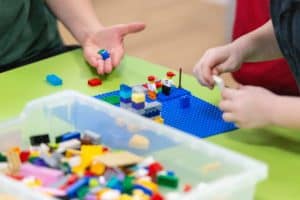
-
Employer:
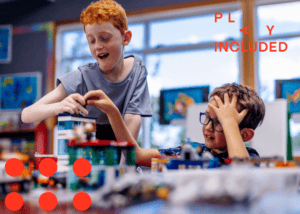
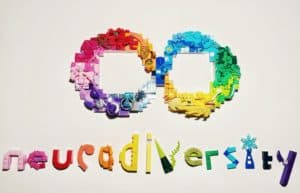
My current employer is Play Included CIC, we train health and educational professionals on how to use therapeutic LEGO play to support children and young people.
-
My Interview
-
How would you describe yourself in 3 words?
funny and curious
What did you want to be after you left school?
Vet/Artist/Egyptologist
Were you ever in trouble at school?
Sometimes, but not very often
If you weren't doing this job, what would you choose instead?
Probably a historian, or an artist
Who is your favourite singer or band?
Green Day!
What's your favourite food?
There isn't really food that I don't like...
If you had 3 wishes for yourself what would they be? - be honest!
Be taller, laugh more, and think less (sometimes!)
Tell us a joke.
Why was 6 scared of 7? Because 7 8 9.
-

